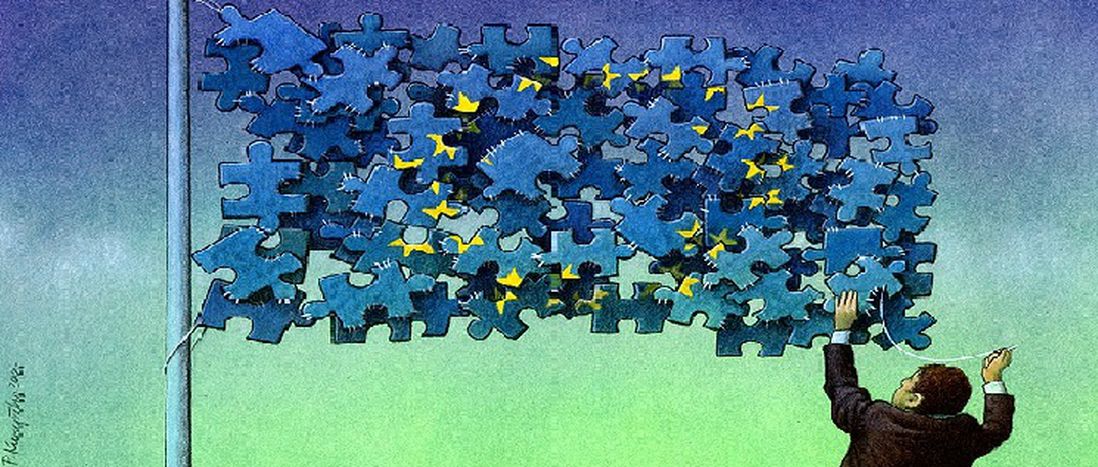
The end of "political correctness"
Published on
Recent events have shown that modern societies choose to avert themselves from phenomena such as globalization and tolerance.
It is commonplace that we live in a time of fluidity and solubility where moral values and ideals are unsettling and collapsing every day. In this difficult reality of ours, it has become apparent that many citizens in Europe and around the world have grown tired of a climate of tolerance that exists and which they feel is forced and imposed on them.
A large amount of citizens around the world detest this so called liberalization of modern societies and the tolerance of certain so far marginalized groups of people, while they scornfully label this attitude as a phenomenon of “political correctness”.
This has been observed all around the globe from Europe to the US. Many can recall the recent events that transpired during the Greek referendum, the UK referendum and the US elections.
In most of these circumstances it has been wildly observed that many voters were indifferent to the opinions and the warnings of experts, whether they were politicians and economists or media and institutions.
So who are these supporters who protest against more globalized and liberal choices? According to recent studies some patterns of the demographic emerge more clearly than others.
It can be detected that many of these people have common characteristics while being outliers to a trend. They are terrified of the wide spread phenomenon of globalization and the uncertainty that comes with it. They reject any kind of reform for a truly open and tolerant society, they reject capitalism and free trade and they reject foreigners of any kind whether they are immigrants or investors.
So the question we must ask ourselves is can we continue protest voting, because we are afraid of changing the status quo? Can we afford voting more with emotion rather than logic? And do we have the luxury of continuously ignoring and rejecting the 21st century?



